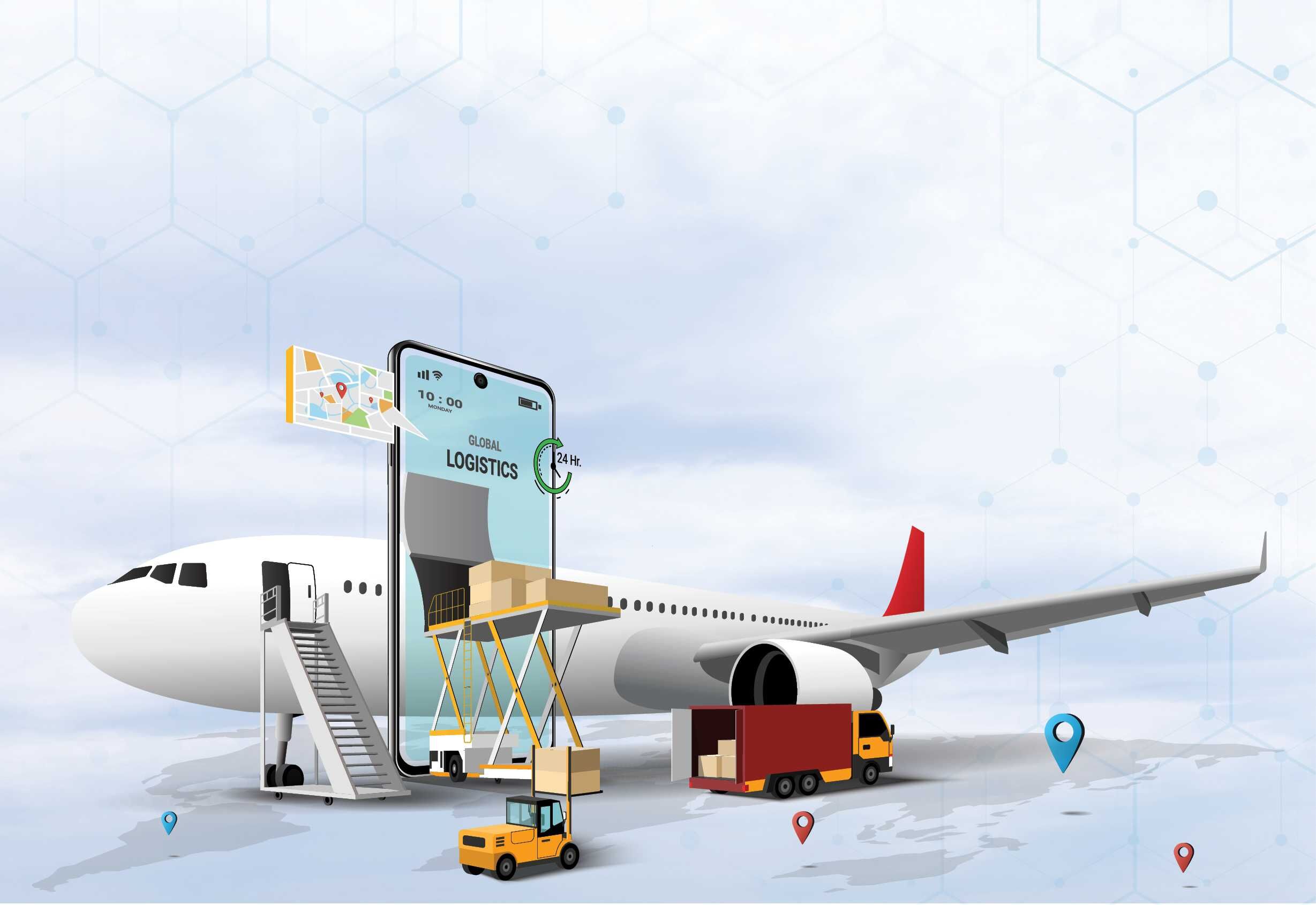
In the fiercely competitive aviation industry, where shrinking profit margins and rising operational costs put immense pressure on airlines, the pursuit of innovative strategies is essential for survival. Airlines must not only optimize their operations but also find ways to expand their global footprint, particularly in the growing air cargo sector. One solution that has been gaining significant momentum is the reliance on General Sales and Service Agents (GSSAs) for cargo operations. These specialized partners bring a wealth of local market knowledge, established networks, and streamlined processes, allowing airlines to focus on core operations without compromising on efficiency or profitability.
The data shows that this isn't just a passing trend—it's a strategic necessity in a market that's rapidly evolving.
The Case for GSSAs: Efficiency, Cost-Savings, and Local Expertise
The partnership between airlines and GSSAs has surged over the past decade, and for good reason. According to Statista, the global air cargo market size is projected to reach $169.15 billion by 2027, reflecting a growing need for airlines to streamline their cargo operations to keep up with demand. With global cargo volumes expected to increase by 4.1% annually over the next five years, airlines are increasingly turning to GSSAs as a cost-effective and efficient solution for handling this growth.
Unparalleled Cost-Efficiency
Maintaining cargo operations in-house across multiple markets is both expensive and resource-intensive. A study by IATA (International Air Transport Association) suggests that airlines outsourcing cargo operations to GSSAs can reduce their operational costs by up to 20-30%.
For airlines struggling to recover from the financial impacts of the pandemic, this level of cost efficiency is crucial. Rather than building out their own sales, operations, and customer service teams in each market, airlines can leverage the existing infrastructure of GSSAs. In return, they not only save on fixed overheads but also benefit from the ability to scale operations up or down with ease.
Case in Point: Several airlines, including Lufthansa Cargo and Cathay Pacific Cargo, have actively expanded their partnerships with GSSAs, especially in regions like Africa and Southeast Asia, where the logistics infrastructure can be challenging. These collaborations have helped them gain faster market access while maintaining lean operations.
Local Market Knowledge: The Edge Airlines Need
Cargo operations are not just about moving goods—they're about understanding the complex regulatory landscapes and logistical networks in each region. GSSAs bring deep-rooted local expertise to the table, offering airlines a faster, more informed entry into markets that might otherwise be difficult to navigate. In regions like Latin America and Africa, where customs regulations and trade barriers vary widely, GSSAs provide crucial support for ensuring regulatory compliance and avoiding costly delays.
According to a report by Air Cargo News, airlines that partner with GSSAs often see an 8-15% improvement in market penetration compared to going at it alone, thanks to the GSSAs' established local networks and relationships with freight forwarders.
Optimizing Cargo Capacity: Every Inch Counts
One of the biggest challenges airlines face is maximizing cargo hold utilization. Every flight with unused cargo space represents lost revenue. GSSAs, with their extensive networks of freight forwarders, cargo agents, and local shippers, help fill every available space in the cargo hold. By doing so, they ensure that airlines are extracting maximum value from every flight.
A study by Seabury Consulting revealed that airlines working with GSSAs were able to increase cargo load factors by up to 12% on average, compared to those managing operations internally. This increase in capacity utilization translates directly into improved revenues.
Additionally, GSSAs utilize advanced software and real-time analytics to predict cargo demand and adjust bookings accordingly. This allows airlines to operate with greater precision, optimizing their schedules to meet demand without over- or underestimating capacity.
GSSAs as Strategic Partners, Not Just Vendors
There's a misconception that GSSAs are just vendors offering operational support. In reality, they function as strategic partners who actively contribute to an airline's overall growth strategy. By working closely with airlines, GSSAs help identify high-value cargo routes, maximize revenue opportunities, and offer insights into untapped markets.
By leveraging the local expertise of GSSAs, they have been able to improve their presence in regions like Africa, where air cargo growth is outpacing global averages at a rate of 5-6% annually (according to the International Air Cargo Association).
Why Some Airlines Still Hesitate—and Why They Shouldn't
Despite the clear financial and operational advantages, some airlines remain hesitant to rely on GSSAs for cargo operations, often citing concerns about losing direct control over their cargo processes. However, modern GSSAs operate with a high degree of transparency and collaboration, integrating seamlessly with an airline's internal systems and providing real-time data on cargo bookings, capacity, and performance.
A recent report by Airline Cargo Management noted that airlines working with GSSAs report greater transparency and faster response times, as GSSAs often have more direct connections with local agents and shippers. Rather than losing control, airlines that partner with GSSAs gain better visibility into their operations—without the burden of managing every market individually.
Conclusion: The Future of Cargo Operations is Collaborative
The aviation cargo market is expanding at a rapid pace, and airlines can't afford to slow down. GSSAs offer a proven solution that not only lowers costs but also provides the market expertise, flexibility, and technological tools needed to keep up with demand. The benefits of working with GSSAs—cost savings, improved market penetration, and optimized cargo capacity—are simply too compelling to ignore.
As global trade continues to grow, the collaboration between airlines and GSSAs will become an essential component of modern air cargo strategies. Airlines that embrace this partnership now will be better positioned to thrive in an increasingly competitive landscape.